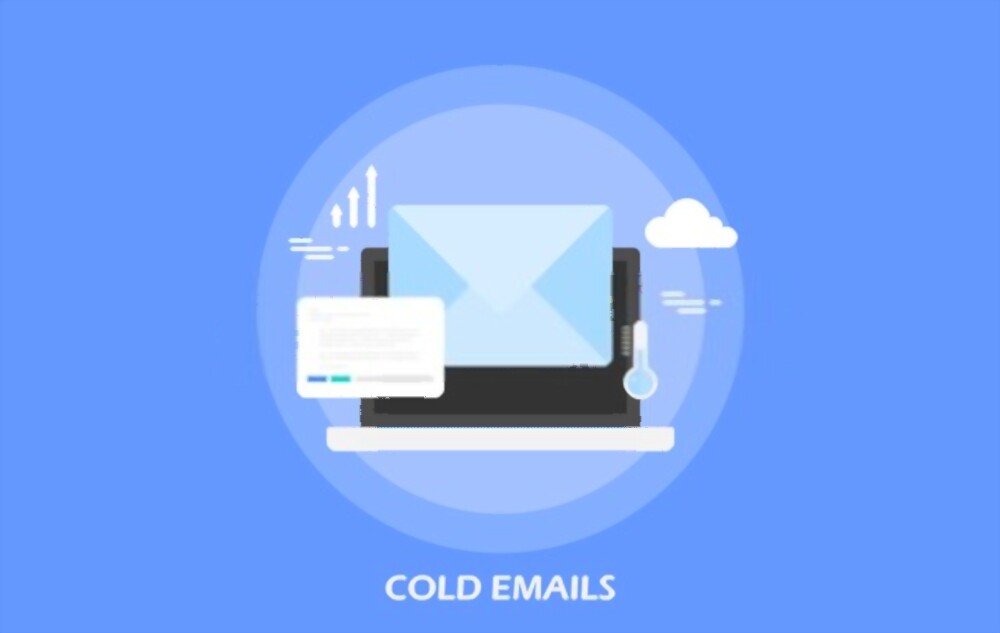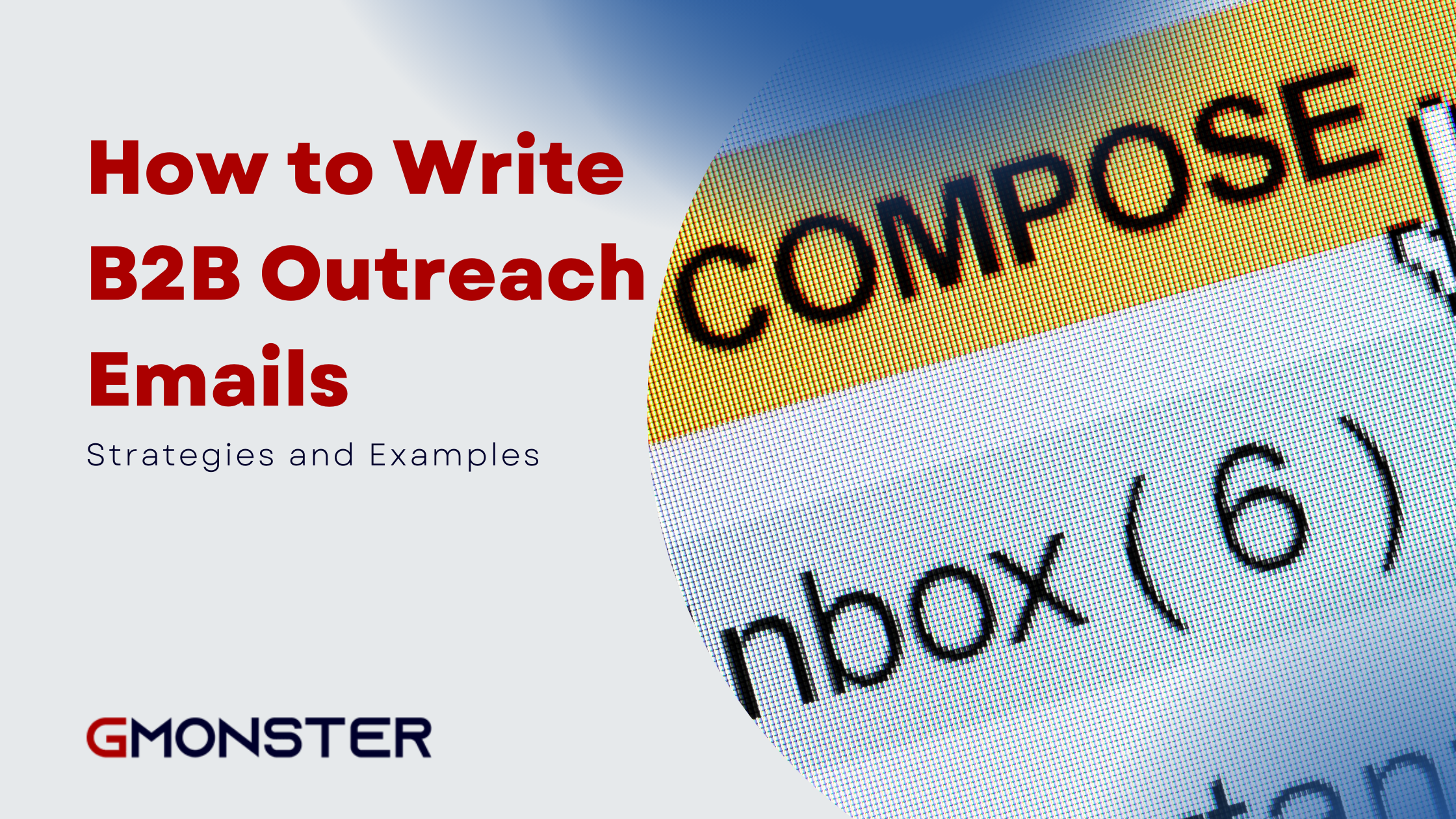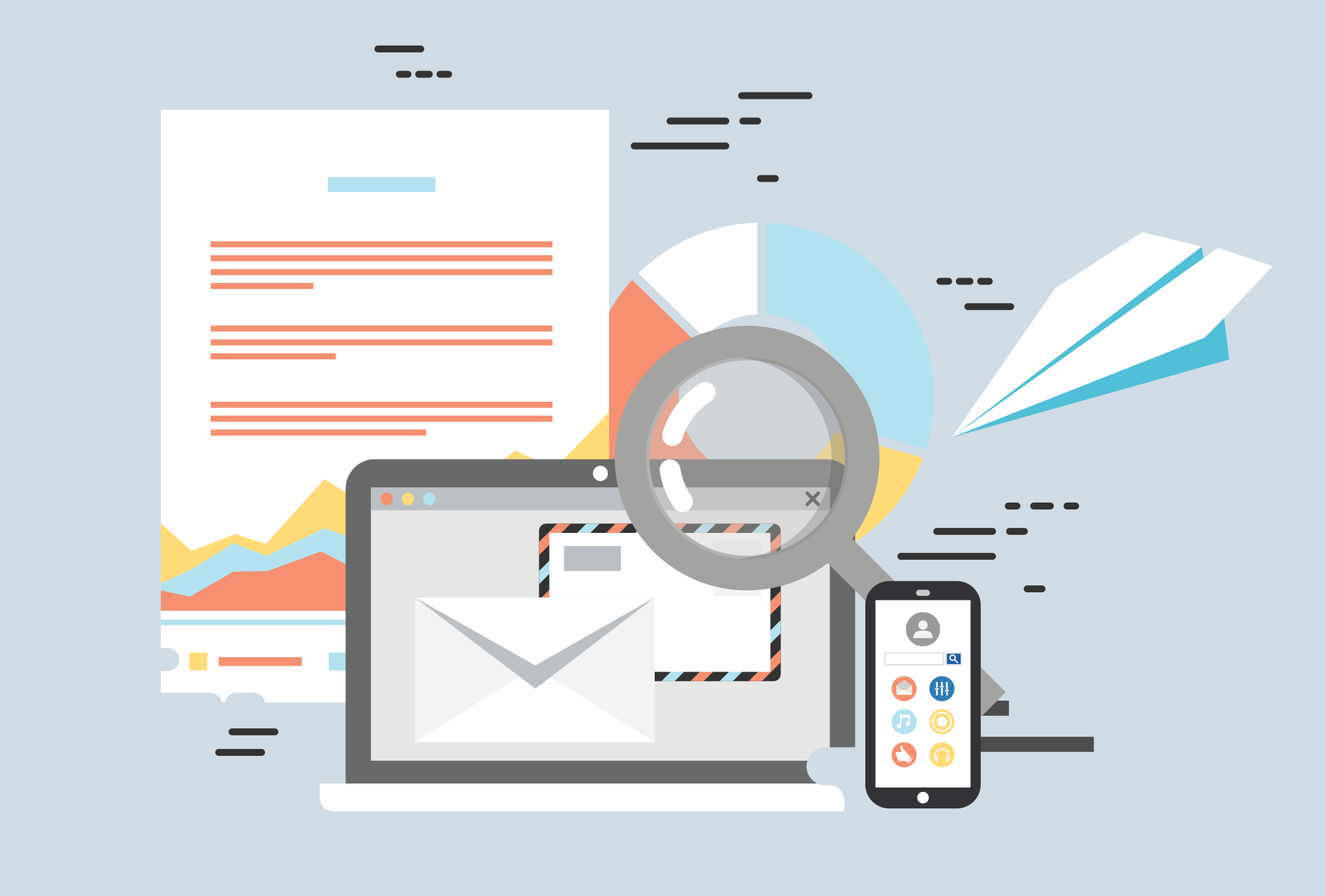How to collect email addresses legally. Whether it’s B2B or B2C

There are a lot of myths and misconceptions about email marketing out there. People seem to think that they need to buy email lists to be successful or that they can’t collect email addresses without violating spam laws. This simply isn’t true!
The legality of scraping is also a concern that needs rapt attention to avoid trouble as much as possible. This blog post will expose the legally acceptable way of scraping and its exceptions, dispel some of the myths about email marketing and teach you how to legally collect email addresses in B2B and B2C contexts.
In what locations do laws allow scraping and where not (US, EU, ASIA, etc.)?
Several criteria come into play when assessing if scraping is lawful in a given location. These include the purpose of the scraping, the amount of data being scraped, and the method used to grind it.
In general, scraping is legal in most jurisdictions as long as it is done for a legitimate purpose and does not violate the owner’s rights of the data being scraped. However, there are some exceptions to this rule. It is crucial to be aware of them before beginning any scraping project.
In the EU, scraping is only permitted if done for a “legitimate purpose” and if it does not violate the owner’s rights of the data being scraped. This exception has been interpreted to mean that scraping for commercial purposes is generally not allowed in the EU.
In the United States, scraping is generally allowed as long as the data is publicly available and you’re not breaking any terms of service. However, in Asia, the laws are much less clear-cut. Japan, for example, has a specific law against data scraping, while China does not have any specific laws against it. So again, it depends on the country you’re looking at.
There are a few websites that do not allow web scraping, including – The website of the United States Securities and Exchange Commission (SEC), The website of the Financial Industry Regulatory Authority (FINRA), The website of the New York Stock Exchange (NYSE), The website of The NASDAQ Stock Market, and some other.
If you are caught scraping data from these websites, you may be subject to penalties and fines. So, it is vital to check the terms and conditions of a website before you start scraping it. In general, most websites allow web scraping as long as it is done for non-commercial purposes.
If scraping the data may violate the copyright holder’s rights, It can result in legal action being taken against the scraper. It is noteworthy that even if scraping is legal in a particular jurisdiction, the owner of the data being scraped may still raise issues and attempt to stop it from happening. This is why it is always advisable to get permission from the data owner before beginning any scraping project.
Is scraping not legal without consent?
There are confusion and misinformation about the legality of web scraping. Let’s set the record straight: unless you have explicit permission from the website owner, scraping is may be considered not legal.
Now, there are some exceptions to this rule. For example, suppose you’re scraping publicly available data that’s already been published (think: a government website). In that case, you’re probably in the clear. But suppose you’re scraping data that are not publicly available. In that case, say, you’re almost certainly breaking the law from a private website or database.
How to determine if data on the internet is considered public:
The user who posted the information chose to make it public. A user does not need to create an account or log in to access the data. Web scrapers and spiders are not blocked by the website’s robots.txt file.
How to gather the email addresses for outreach purposes – and the best ways? Tips, tricks, pop-ups, and how to encourage joining mailing lists.

There are a few ways to do this; The first way is to use a pop-up. This is effective because it allows you to capture the person’s email address who is interested in what you have to say.
Another way is to encourage people to join your mailing list by offering them something in return, such as a discount, exclusive content, or free shipping.
You can also use a tool like Google Forms or a sign-up form on your website or blog to collect email addresses with much stress on the users. This is an excellent option if you want to gather a lot of email addresses quickly and easily.
You can also always ask people for their email addresses in person or via social media, in ads, or through other marketing channels.
Whatever methods you use, make sure you are clear about what people will receive by signing up for your mailing list. This will help you attract more subscribers interested in what you have to offer.
Are you allowed to store other people’s data along with their email addresses? (name, age, locations, etc.)

There are two different types of data; personal data and contact data.
Personal data is any information that can be used to identify a specific individual. This includes names, ages, addresses, and even email addresses. Contact data only provides information like phone numbers and email addresses that can be used to contact an individual but doesn’t necessarily identify them.
So, which type of data are you allowed to store along with email addresses? The answer is both, but there are some important caveats.
Suppose you’re going to be storing personal data along with email addresses. In that case, you need to have a clear and concise privacy policy explaining how you will use that data and get the individual’s explicit consent before collecting it.
Contact data is a little different; you don’t need explicit consent to store it, but you need to allow individuals to opt out of having their contact data stored and provide a clear privacy policy about how you’re going to use the data.
It is best to err on caution and only store data you have explicit permission to store. If you are unsure, you can always ask the individual for approval.
After legally obtaining their addresses, what are you allowed to send them, and what permissions are granted? What are the tools you can or cannot use to collect email addresses?
You can send them permission-based emails and use tools like sign-up forms and pop-ups on your website to collect email addresses. You cannot use tools like purchased lists or harvested addresses. Your emails will likely be considered spam if you do, and you could be fined.
When collecting email addresses, it’s essential to be clear about what you’ll be sending them. Include a statement in your sign-up form that explains what type of emails they will receive and how often. This will help set expectations and avoid any surprises down the road.
It’s also essential to give people an easy way to opt out of your emails if they no longer want to receive them. Include an unsubscribe link in every email you send, so people can easily remove themselves from your list.
Conclusion
As you can see, several factors need to be considered before determining whether or not scraping is legal in a particular location. It is essential to be aware of these factors and consult with a legal expert if you are unsure whether your planned scraping project would be considered legal.
There are a few key takeaways to remember when collecting email addresses:
– Always get explicit permission from the individual before adding them to your list
– Keep your list well-organized and up-to-date to avoid any legal issues
– Make sure you’re regularly sending engaging and valuable content to your subscribers
Bulk emailing can be a great way to connect with potential customers or clients. But, before you start your next mass emailing campaign, make sure you’re doing it the right way by following these tips.
If you follow these simple tips, your next bulk email campaign will be legal, practical, and targeted to the right audience. So go out there and start collecting those email addresses!




